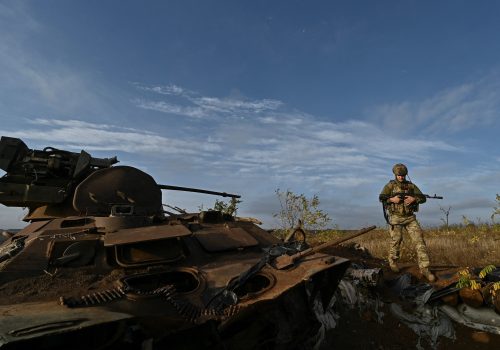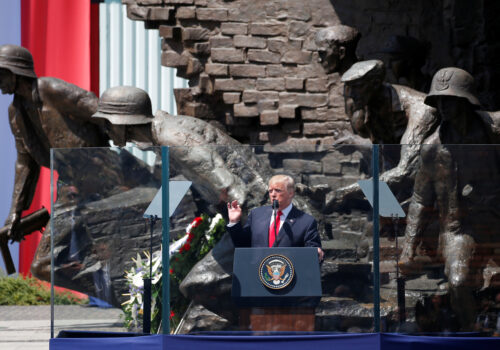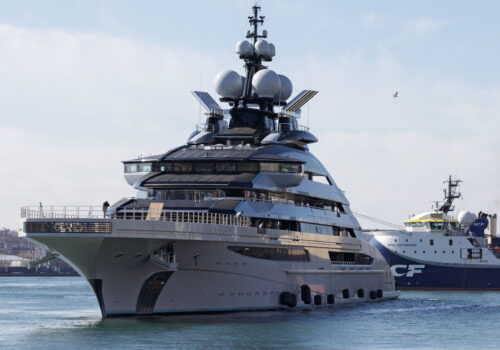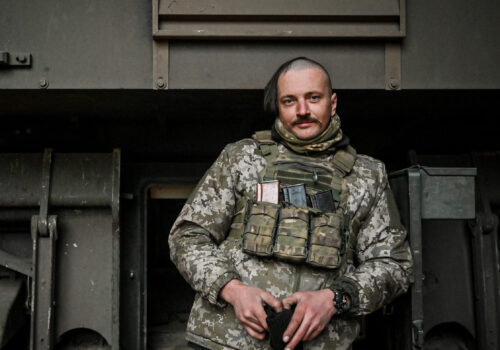Moscow’s war on Ukraine has always been about a lot more than just the fight on the battlefield. Ukraine has been able to prevent Russia’s seizure of Kyiv and Kharkiv and to take back more than 50% of Russian-conquered territory in part because of strong Western military, political and economic support led by the US. The past month has introduced several new factors in this multidimensional struggle. On land, Ukraine’s counteroffensive has only liberated several hundred square kilometers, which has led many commentators to talk about a stalemate. But at sea, Ukraine has driven the Russian Black Sea fleet out of Sevastopol and are sheltering in the eastern Black Sea. And using the shorter-range ATACMS that the US supplied this fall, Ukraine destroyed over 20 Russian helicopters in Berdyansk and Luhansk.
But in Washington, a small group in the Republican House caucus was able to prevent the inclusion of aid to Ukraine in the Continuing Resolution for government spending passed September 30. That was followed by the removal of Kevin McCarthy as Speaker of the House and his replacement by Mike Johnson. While the new Speaker has said that the US must not leave Ukraine in the lurch and that he would put a bill on aid to Ukraine up for a vote, he has also said that aid for Israel must be considered separately. In contrast, President Biden and Senators Mitch McConnell and Chuck Schumer are pushing for a single aid bill for Ukraine and Israel (and Taiwan).
The Atlantic Council’s Eurasia Center hosts a discussion on the current state of the Ukrainian counteroffensive, the Russian counterstrike at Avdiivka, and the prospects in Washington for Ukraine aid.
Event recap
Speakers
General (ret.) Wesley Clark
Former Supreme Allied Commander Europe
Ambassador John Herbst
Senior Director, Eurasia Center
Atlantic Council
Alina Frolova
Former Deputy Minister of Defense of Ukraine;
Deputy Chairman
Center for Defense Strategies
Oleksandra Ustinova
Member of the Parliament of Ukraine
Moderated by
This event will not feature an in-person audience. You will be able to join via desktop or mobile app, through your web browser, or by phone. To join the question and answer period, you must join by app or web.
Register above for details on joining the virtual audience.
Stay connected
Follow us on social media
and support our work
issue spotlight

Europe in crisis
War in Ukraine
Experts from across the Atlantic Council are assessing the consequences of Russia’s February 2022 invasion, including what it means for Ukraine’s sovereignty, Europe’s security, and the United States’ leadership.

The Eurasia Center’s mission is to promote policies that strengthen stability, democratic values, and prosperity in Eurasia, from Eastern Europe in the West to the Caucasus, Russia, and Central Asia in the East.
Atlantic Council TV
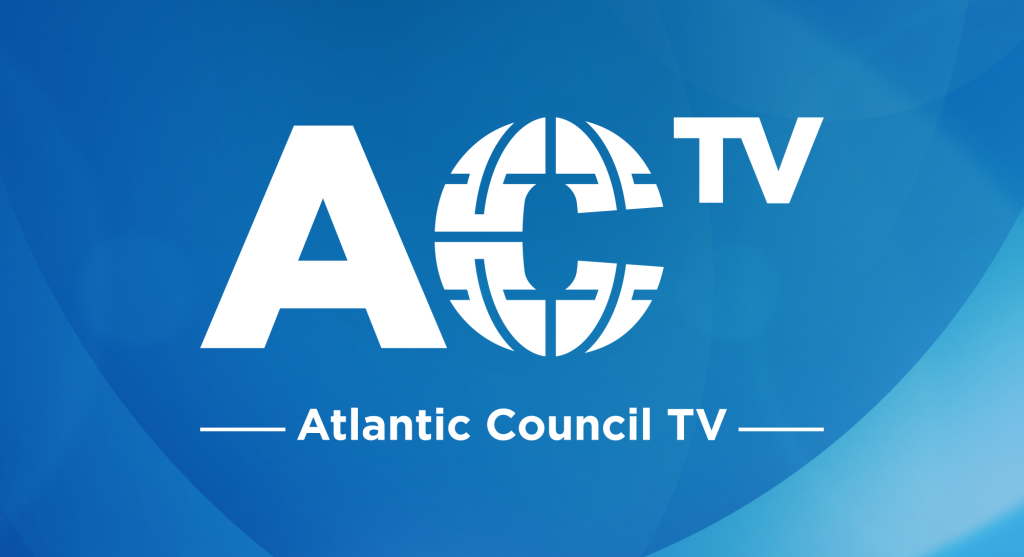
Watch this event and more content on ACTV
Follow the conversations shaping our world. Available on all major platforms.
